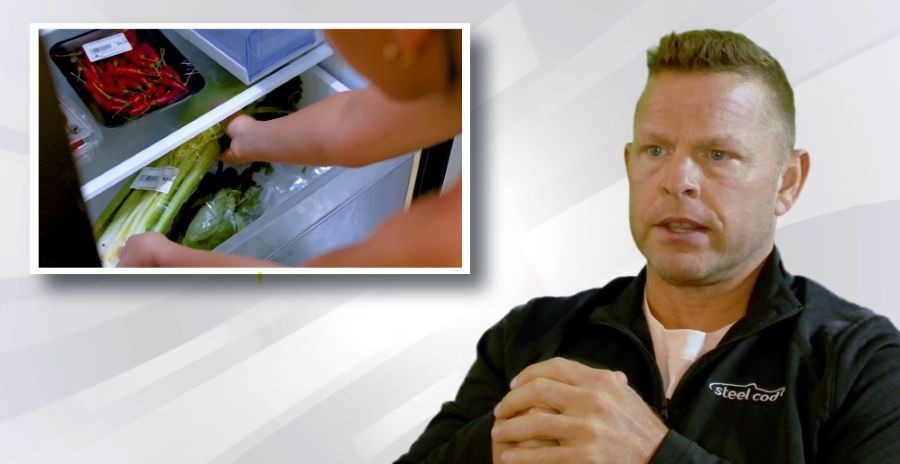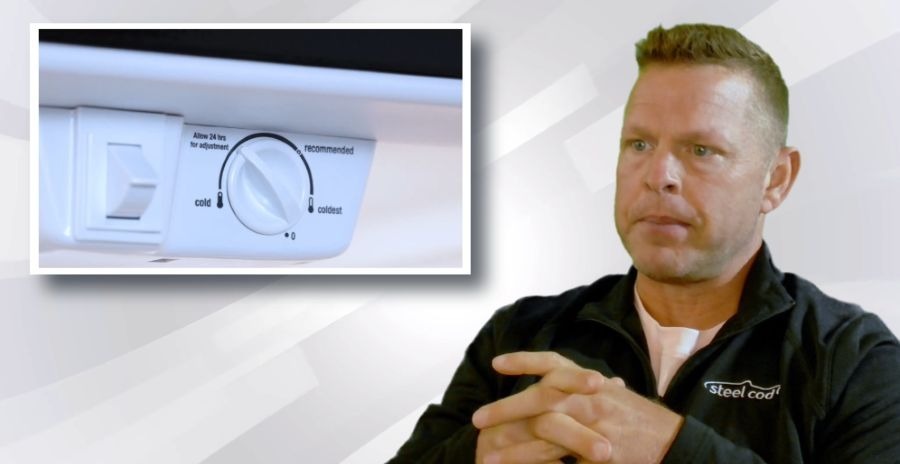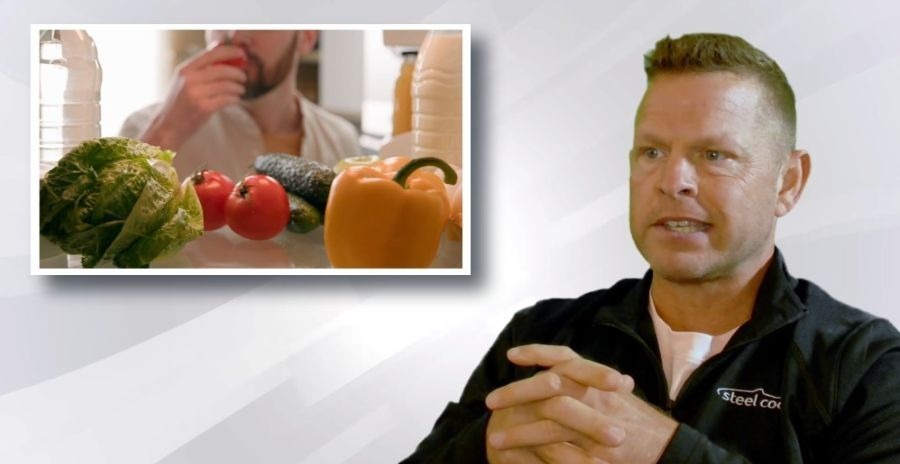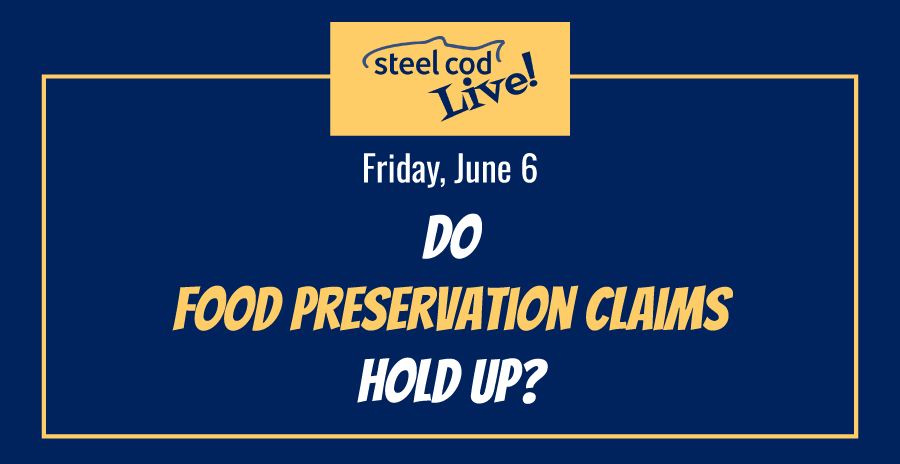Do Food Preservation Claims Hold Up?
Breaking Down What Actually Preserves... and What Pretends To
Humidity Control
Most crisper drawers don’t preserve anything — they just look like they should. In this episode, we unpack the myth of the humidity slider and show what actually keeps produce fresh, crisp, and structured beyond a few days.
Stability Over Cold
Cold isn’t the goal — control is. In this episode, we break down why temperature swings silently destroy food quality, and how true preservation systems protect structure, flavor, and longevity.
Filtering Isn't Just About Smell
Air that smells clean doesn’t mean food is safe. In the final episode, we expose the real role of filtration in food preservation — and why most systems are just circulating invisible decay triggers.
Do Food Preservation Claims Hold Up?
Anthony, Tom, and Jon wrap the week on food preservation — tackling why so many fridge claims fall flat and what most sales pros still miss when talking freshness. From fake humidity sliders to misunderstood filtration, this episode breaks down what actually preserves food and how to explain it without losing the customer.
Documentation
Recap
Key Questions and Answers
What’s the smartest way to introduce food preservation without turning the customer off with technical jargon?
Start with outcomes, not systems. Say: “This keeps food fresher longer, so you waste less and shop less.” Then let them ask how. The second they’re curious, you’re teaching instead of pitching.
Why do preservation claims all sound the same — and what’s the actual difference that never gets explained?
Because everyone says “keeps food fresh,” but no one explains how. The difference is in control — humidity, airflow, and gas removal. The brands that do it right manage the environment. The others just keep things cold.
What’s the single most important preservation concept that salespeople should understand — but rarely do?
Humidity. Temperature slows bacteria, but humidity preserves texture. Crisp lettuce vs. limp greens — that’s humidity control, not cold air. And most fridges get it completely wrong.
If you only had 20 seconds to make a customer feel why food preservation matters, what would you say?
“You’re spending hundreds a month on food. This protects it. Fresher for longer. Less waste. Better taste. It pays for itself — silently — every single day.”
How do you reset the conversation when a customer compares a $10,000 fridge to the 15-year-old one they’ve “never had a problem with”?
That fridge didn’t protect their food — it just kept it cold. And they’ve been replacing produce, tossing leftovers, and getting used to less for years. They just didn’t know it.



